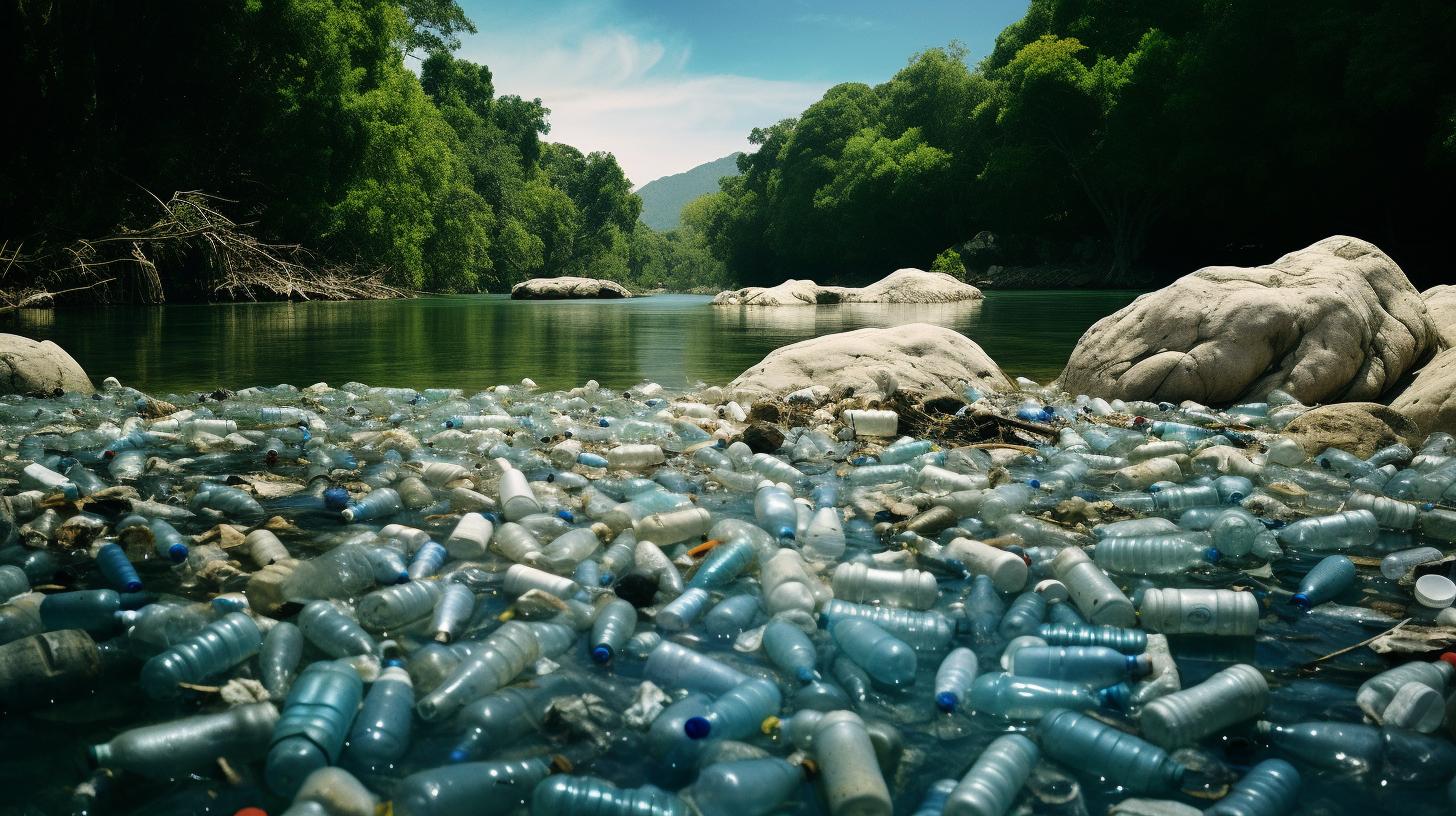In the heat of the summer’s midday sun, you reach out for a dreary-looking plastic bottle. It’s filled with cool, sparkling liquid that promises salvation. Welcome to the billion-dollar playground of the bottled water industry, where your thirst is not paramount, but your willingness to spend on it is. Yet, nestled amongst the neatly packed rows of convenience stores or offices, it might just hold a murky secret that can change the way you perceive drinking water—forever.
The bottled water industry is an enormous enterprise, and it’s hard to imagine a world without the easy access to bottles of every shape and size in a variety of flavours. The glitzy marketing campaigns, adorned with images of pristine springs and untouched glaciers, want us to believe that each sip offers a gulp of purity, absent in your everyday tap water. But there’s a rather unsettling underbelly beneath the sparkling surface.
Do you really know what’s in your bottled water? Here’s the low-down on what brands have been keeping behind tightly sealed caps.
The Moment of Truth: Your Bottled Water Might Just be Tap Water
Picture this: There’s a large tank of tap water, then there’s a series of pipes and filters, and voila! The end process fills up your precious bottle of water. Surprised? It’s a fact that as much as 45% of bottled water comes from municipal sources, according to a report from Food & Water Watch. That’s right – the water in your bottle might just be glorified tap water.
To put this in perspective, you could fill up a half-litre bottle with tap water, slap on a snazzy label, and no one would bat an eye. The sad truth is that a brand’s allure often overshadows the actual quality. Compounded by clever branding and packaging, mmunicipal water pumped into bottles fetches an exorbitant 2000 times the price of regular tap water!
Brands have long argued they utilize advanced filtration processes that make their product superior against tap water. While there is some truth to this, complications arise with width=”200″ height=”200″ avoidant standards and inadequate regulations that oversee bottled water businesses. This brings us to the next revelation.
Lax Regulations: Where Everything’s Blurred
You’d think that a product as essential as water would be subject to strict regulations, right? Unfortunately, the reality is a far cry from it. If a company is pulling water from a source in the same state where it’s sold, it’s subject only to state regulations, and rules vary widely in their strictness from state to state.
Take the regulation by the Environmental Protection Agency (EPA) for instance – the guardian officer aligning safety measures for tap water. It requires multiple daily tests for bacteria and makes test results available to the public. Bottled water, regulated by the Food and Drug Administration (FDA), is only required weekly testing and does not share its findings with the EPA or the public. It’s quite unsettling to know that a product so widely consumed remains under-regulated.
The Environmental Impact: Tread Softly
It’s clear that the image of bottled water being pure and healthy has been tainted, but let’s talk about the ridiculously evident elephant in the room – the plastic. Each year, 17 million barrels of oil are used to produce water bottles, enough to run 1 million cars for an entire year. Over 80% of these bottles end up in landfills where it can take over 1,000 years to decompose.
Aside from production, the transportation of bottled water across nations adds to greenhouse gas emissions. And to top it all, a testament to our littering habits, numerous water bottles inevitably make their way into our oceans, causing harm to the marine life ecosystem.
Going Back to Tap: Renouncing the Bottled Regime
The revelations can seem rather bleak. But there’s hope. Blackened clouds have a silver lining, and this scenario is no different. Thanks to modern water filtration systems, acquiring safe, clean drinking water from your own tap is easier than ever. Why subject yourself to the sketchy standards of bottled water businesses when the answer can be found right in your home?
It’s time for us to embrace a sustainable lifestyle that benefits not just our health but also our planet. And the first step? Investing in reusable water bottles and efficient water filters. It’s a small change. But when collectively executed, can spearhead a massive environmental difference.
So, the next time you unconsciously reach out for that bottle of water, pause. Think about the expensive glorified tap water you’re about to drink. Think about the environmental impact. And just maybe, turn on the tap instead. Trust us, the best habit changes often start from your kitchen. Remember, what’s easy is not always right, and what’s right is not always easy. But what’s right is indeed what’s needed.
The truth about bottled water is indeed dirty. But perhaps, dirty truths are the ones we need to cleanse our planet and ourselves.



